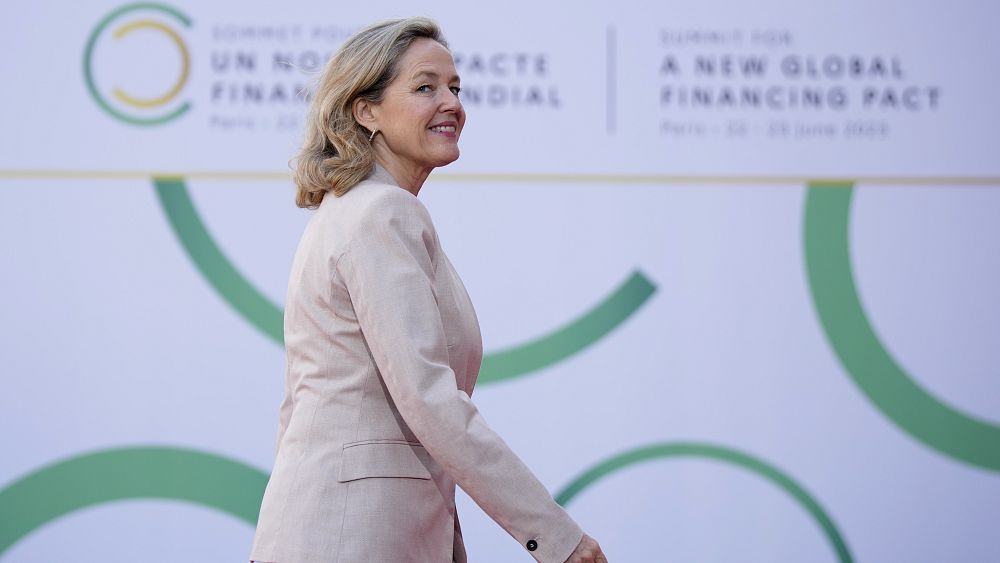### Summary
The removal of Covid-19 restrictions in New Zealand has had significant effects on the economy, including high house prices, increased debt, and inflation, although unemployment has decreased.
### Facts
- 🏠 House prices, despite a decrease from their 2021 peak, are still nearly $200,000 higher than in 2019 due to low interest rates during the pandemic period.
- 👥 Unemployment has decreased, but government debt has significantly increased.
- 📈 Inflation, measured in both the consumer price index and the food price index, has soared.
- 🪂 Tourism has recovered to about 75% of pre-Covid levels, and migrants have returned in large numbers.
- 💼 The economy has held up better than expected in 2020, with a sharp contraction during lockdowns followed by a quick bounce back.
- 🔬 Covid has accelerated the use of technology, condensing five years of progress into a short time period.
- 💰 Despite positive macroeconomic data, people's household finances have been impacted, with increased spending on essentials and adjusted wage increases that do not keep up with inflation.
- 💸 Government spending has increased and is projected to remain high, despite most Covid-related spending being finished.
- 📉 Government revenue as a proportion of GDP is forecasted to be higher than expected in 2019, leading to a larger pot of money for looser expenditure.
Please note that some information in the text may be subjective or based on the opinions of economists.
The post-pandemic global economy may face slow growth due to record levels of government debt, geopolitical tensions, weak productivity gains, and the fragmentation of the global trading system, which could hinder development in some countries even before it begins.
The UK's Office for National Statistics has revised its estimate for the size of the economy at the end of 2021, suggesting a stronger recovery from the COVID-19 pandemic than previously thought, with the economy in the fourth quarter being 0.6% larger than in the final quarter of 2019.
Brazil's GDP exceeded expectations, driven by strong consumption and oil and mining output, while Peru's inflation lowered to its lowest point in two years and Chile's economic activity increased for the first time in six months.
Latinos in the U.S. played a significant role in propelling the overall economy forward during the COVID-19 pandemic, with their Gross Domestic Product (GDP) reaching $3.2 trillion in 2021, making it the world's 5th largest economy and exceeding the economies of major countries like the UK, France, Spain, Italy, and India, according to a report by California Lutheran University and UCLA.
Despite ongoing concerns about lackluster growth, revised data shows that the UK's economy has grown faster than originally estimated since the start of the COVID-19 pandemic, outperforming France and Germany.
Economists warn that Britain's economy will grow less than expected next year due to the impact of higher interest rates and a weaker labor market, with GDP growth expected to be 0.7% in 2024. However, EY upgraded its GDP growth forecast for 2023 to 0.6%, citing an end to interest rate increases, falling inflation, and a return to real wage growth as factors that should prevent a recession. Inflation is expected to fall faster than previously forecast, reaching 4.5% by the end of the year before hitting the Bank of England's 2% target in the second half of 2024.
